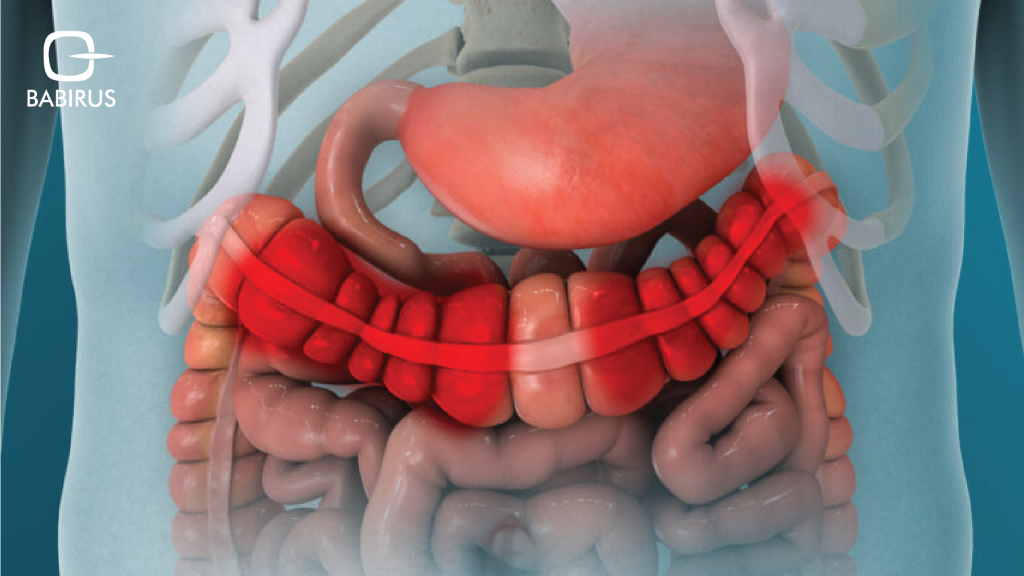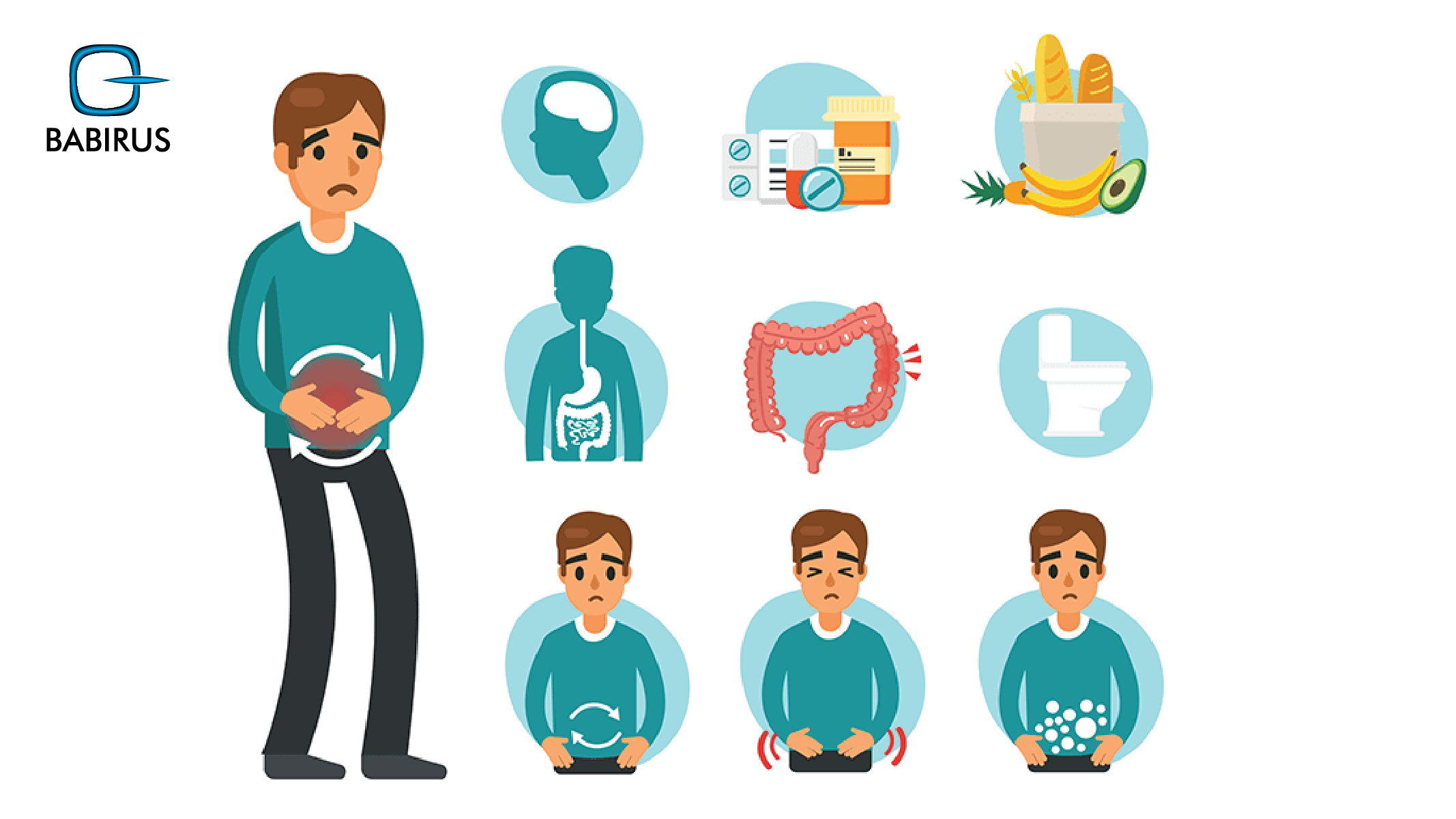A Guide to Fecal Biomarkers: Key Tests for IBS, IBD, and Gut Inflammation

Few tools are as informative and minimally invasive as fecal biomarkers when it comes to understanding what’s happening inside your digestive system. These stool-based indicators can give clinicians real-time insights into intestinal inflammation, enzyme activity, or microbial imbalances. Whether someone is experiencing vague symptoms like bloating or facing a suspected chronic condition, fecal biomarker testing is emerging as a trusted first step.
Continue reading as we explore what fecal biomarkers are, why they matter, who should consider testing, and how they’re reshaping our approach to digestive health.
What Are Fecal Biomarkers?
Fecal biomarkers are measurable substances present in stool that reflect physiological and pathological conditions within the gastrointestinal tract. Think of them as clues left behind by immune activity, enzyme function, or microbial shifts that can help clarify the nature of a digestive issue without requiring invasive procedures.
These biomarkers can detect:
- Inflammation (as in IBD or infections)
- Digestive insufficiency (such as pancreatic enzyme shortages)
- Gastrointestinal bleeding
- Microbial infections (such as H. pylori)
Why Fecal Biomarkers Matter
What makes fecal biomarkers especially valuable is their ability to distinguish between functional and organic disorders. For instance:
- Functional conditions like IBS often show normal inflammation markers.
- Inflammatory diseases like Crohn’s or ulcerative colitis usually lead to elevated levels of specific proteins such as calprotectin.
This separation allows doctors to make more informed decisions about whether further endoscopic evaluation is warranted or not. Biomarkers help reduce diagnostic uncertainty and support a clearer path toward treatment.
The Most Commonly Used Fecal Biomarkers
Not all digestive symptoms require invasive testing. In many cases, a simple stool sample can provide powerful clinical information. That’s the promise of fecal biomarkers, laboratory measurements that detect key substances linked to inflammation, digestion, infection, or cellular turnover within the gut.
Clinicians now have access to a growing panel of validated biomarkers that help answer essential questions: Is there inflammation present? Is the pancreas producing enough enzymes? Is there bleeding or infection? With this knowledge, care becomes more accurate, targeted, and prompt
Below are the most widely used fecal biomarkers and the specific roles they play in identifying and managing different gastrointestinal conditions.
-
Calprotectin
This calcium-binding protein is released by neutrophils during active inflammation in the gastrointestinal tract. Elevated calprotectin levels in stool are strongly associated with Inflammatory Bowel Disease (IBD), such as Crohn’s disease or ulcerative colitis. Its role is twofold; it helps differentiate IBD from functional disorders like IBS and also acts as a tool for monitoring flare-ups and treatment response. It is one of the most widely validated fecal markers in clinical practice.
-
Pancreatic Elastase
This enzyme is produced by the pancreas and remains stable as it passes through the digestive tract, making it a reliable indicator of pancreatic exocrine function. Low levels in stool are indicative of pancreatic insufficiency, which can lead to fat malabsorption, nutrient deficiencies, and unintentional weight loss. This marker is often used in evaluating patients with chronic diarrhea or unexplained malnutrition.
- Fecal Occult Blood (FOBT)
FOBT detects hidden blood in the stool, which could be a sign of gastrointestinal bleeding. While not specific to any one condition, it is a critical tool in colorectal cancer screening and identifying lesions, ulcers, or vascular abnormalities. A positive result typically leads to further investigation via colonoscopy. -
Helicobacter pylori Antigen
H. pylori is a bacterium linked to chronic gastritis, ulcers, and increased gastric cancer risk. A fecal antigen test detects active infection, offering a convenient alternative to breath tests or endoscopy. It’s especially useful for initial diagnosis and confirming eradication post-treatment.
-
Lactoferrin
Lactoferrin is an iron-binding glycoprotein released during inflammatory processes in the gut. Its presence in stool signifies neutrophil activity and supports a diagnosis of IBD when elevated. It’s often used alongside calprotectin to reinforce diagnostic accuracy or when evaluating mild to moderate inflammation.
-
M2-Pyruvate Kinase (M2-PK)
M2-PK is a metabolic marker elevated in colorectal tumors and advanced adenomas. It provides information about cellular turnover and metabolic shifts in the intestinal lining, making it a potential tool for cancer detection or assessing unexplained gastrointestinal symptoms.
-
Beta-defensin 2
This antimicrobial peptide is part of the innate immune response in the gut. Its expression increases in response to microbial imbalance or inflammation. Though newer to clinical use, beta-defensin testing may offer insights in complex diagnostic scenarios where standard markers yield inconclusive results.
Each of these markers provides a different lens through which to view digestive function, and when used together, they can create a robust diagnostic profile. Their combined use can significantly improve the accuracy of early detection, differential diagnosis, and personalized treatment planning.
When to Consider Fecal Biomarker Testing
Fecal biomarkers are not just for those already diagnosed with gastrointestinal conditions. They are also ideal for:
- Individuals with chronic bloating, discomfort, or altered bowel habits
- Patients experiencing symptoms unresponsive to dietary changes
- People with a family history of IBD or colorectal conditions
- Children with recurring abdominal pain or growth concerns
- Adults undergoing routine screening for digestive health
Even for those with a suspected food intolerance or sensitivity, fecal biomarker testing can help rule out underlying inflammation that might require a different treatment plan.
Benefits of Fecal Biomarker Testing
For patients and clinicians alike, fecal biomarker testing offers a practical and efficient path to understanding digestive health without the need for complex procedures. The process is simple: collect a sample, send it to the lab, and receive clinically useful data in just a few days. But the real value lies in what this information can do.
Whether someone is newly experiencing digestive symptoms or already managing a chronic condition, biomarker testing can provide clear direction. It reduces guesswork, shortens the time to action, and allows providers to offer care that’s better aligned with what the body actually needs.
Here are some of the key advantages that make fecal biomarker testing a useful tool in everyday digestive care:
- Noninvasive: No endoscopy or sedation required.
- Convenient: Can often be done at home with a simple collection kit.
- Fast: Results are typically available within 24 to 72 hours.
- Cost-efficient: Helps avoid unnecessary invasive testing.
- Trackable: Ideal for monitoring chronic conditions and treatment responses.
Real-World Applications: How Doctors Use Biomarkers
The power of fecal biomarkers becomes especially clear when viewed through clinical decision-making. These tests aren’t used in isolation, they help shape treatment plans, clarify diagnoses, and offer reassurance when more serious conditions can be ruled out.
Doctors across specialties, from gastroenterologists to pediatricians, use biomarker data as part of a broader diagnostic picture. The following examples illustrate how these tests are applied in routine care to support accurate, patient-specific outcomes.
Below are a few scenarios that show how clinicians use biomarker data to guide real-world decisions:
- Initial diagnosis: A patient comes in with chronic diarrhea. Calprotectin is elevated, guiding the doctor to investigate IBD.
- Treatment planning: A person with Crohn’s in remission has a mild flare. Biomarker testing helps decide whether to adjust therapy or continue monitoring.
- Exclusion tool: A teenager with abdominal pain and anxiety has normal biomarker levels, reducing the likelihood of IBD and helping redirect treatment to functional causes.
Integration with Other Testing Methods
Fecal biomarkers are often used alongside other tools such as:
- Blood tests (for inflammation, anemia, or antibodies)
- Food intolerance testing (like the FoodPrint test)
- Imaging scans or colonoscopy (when indicated)
By combining data from various sources, clinicians gain a multi-dimensional understanding of the gut environment.
Availability in the UAE
Clinics and hospitals in the UAE now increasingly offer fecal biomarker testing through systems such as the Eurospital Eu-Turbo Analyzer. These platforms support rapid analysis of markers like calprotectin and pancreatic elastase. With growing awareness of digestive disorders in the region, tools like this are helping local providers offer quicker and more precise evaluations.
Additional Insights: Emerging Biomarkers and Research Directions
Ongoing research is also expanding the panel of fecal biomarkers available for clinical use. Investigators are exploring the utility of:
Zonulin – A marker related to intestinal permeability. Elevated levels may indicate a disrupted gut barrier, commonly referred to as “leaky gut,” which is under study in conditions such as celiac disease, autoimmune disorders, and IBS.
Short-chain fatty acids (SCFAs) – Byproducts of fiber fermentation by gut microbiota, SCFAs like butyrate and acetate provide insights into gut microbial health and anti-inflammatory activity.
Microbial DNA markers – Advances in molecular diagnostics are allowing for stool-based detection of microbial imbalances using DNA-based tools. These tests offer emerging value in both clinical diagnostics and functional medicine.
These next-generation biomarkers are not yet widely available but hold promise for expanding the role of stool testing in preventive and precision medicine.
Lastly,
Digestive issues can be complex, but diagnostic tools don’t have to be. Fecal biomarkers offer a clear and accessible way to explore what’s happening inside the gut—without discomfort or guesswork. From early detection of inflammation to supporting long-term care strategies for conditions like IBD, these tests are shaping a smarter, more responsive approach to gastrointestinal health.
By understanding what each marker reveals, both patients and clinicians can make more confident decisions about next steps, whether that means adjusting treatment, ruling out serious concerns, or confirming that symptoms are functional rather than inflammatory. If you’re facing ongoing symptoms or simply looking for answers, these tests may be the next step in getting the clarity you need to move forward with confidence.

